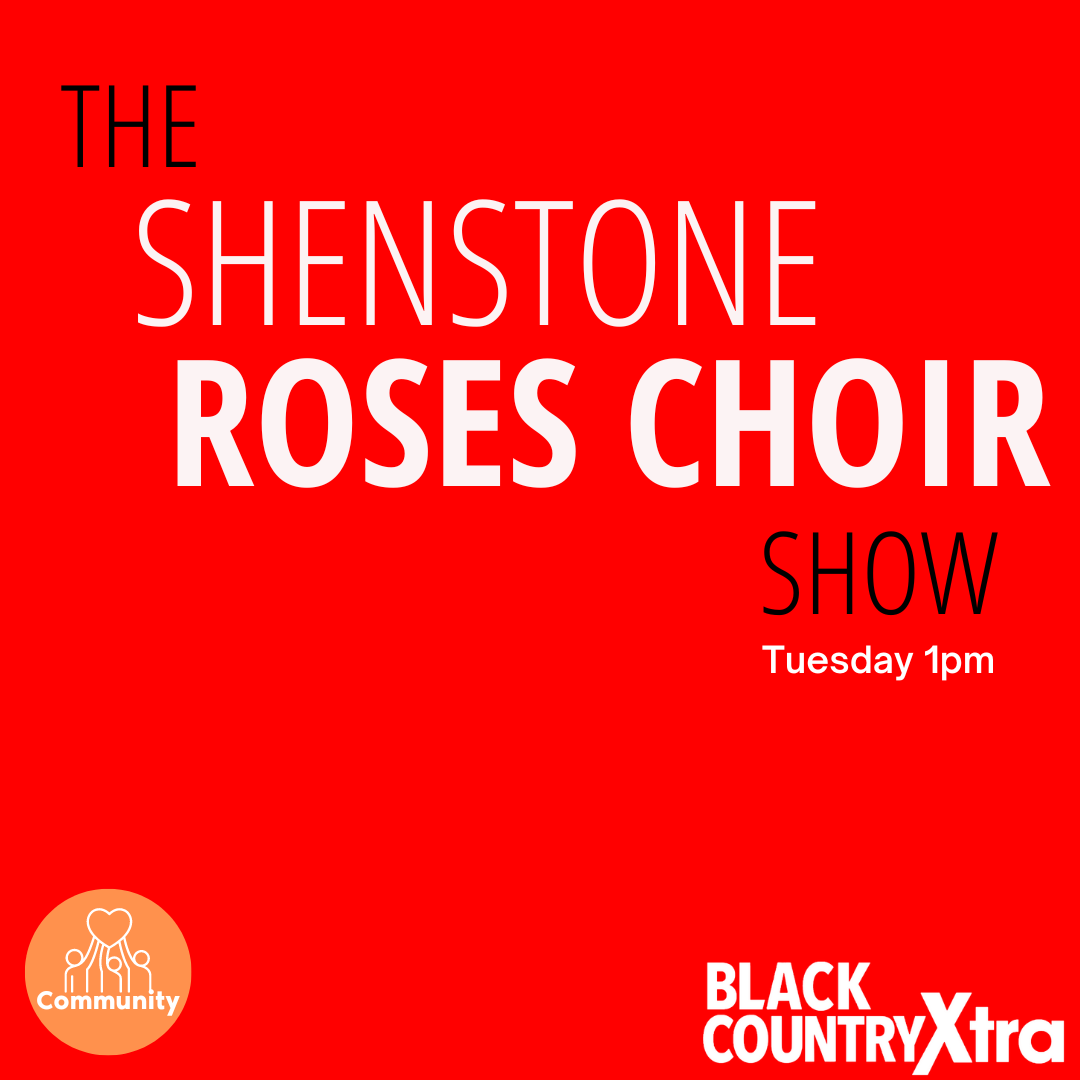A group of school children in their smart uniforms skip past us, overseen by their mums and dads.
In front of us, the highway is empty of all cars except for two armoured police vehicles slowly making their way up a hill.
The children and their parents are on "Airport Road", which leads into the centre of Port-au-Prince, the capital of Haiti. The airport is a few miles away to the north.
The parents are leading the children to an intersection where they will turn right towards their homes.
Everything beyond that intersection is gang territory, and nobody ventures past it but the police, who appear to be probing the gangs' defences.
This part of the Airport Road, beyond the intersection and stretching for miles, is an area controlled by the gangster Jimmy Cherizier, known here and abroad as "Barbecue".
The security forces are desperate to capture Barbecue, himself a former policeman, and to dismantle his gang.
As the families near the intersection, automatic gunfire bursts from the turret of one of the armoured police vehicles. Instantly the children and their parents run for safety, hugging a wall - they know what is about to happen.
Within seconds the police are being attacked with volleys of machine gun fire. We watch holding our breaths, and thankfully all the children make it round the corner to the relative safety of a side street.
They live on the edge of what's called the "red zone" where the gangs control the streets.
Security forces want to take it back.
The first armoured police vehicle makes it into Barbecue's territory unscathed, but the second vehicle is hit.
One of its tyres is punctured, so they have no choice but to turn back.
The firing intensifies as the police vehicle makes its way down the hill, and we can hear the crack of bullets as the gangs target the police.
My team and I are travelling in two separate armoured 4X4s. The police are the targets, and we are filming their exchanges with gang members hidden up the hill and in side streets, firing from multiple positions.
As the police vehicle nears the intersection once again, it comes under sustained fire.
At this point the streets and the intersection are completely empty of people and traffic, anyone in the vicinity has taken cover.
A stray round passes uncomfortably close by our team still outside the vehicles, so we decide it's time to go, and reverse as the armoured police vehicle loses its tyre, rolling forward on its rim.
Getting out would be suicidal for the police. The vehicle limps towards another crossroads to get away from the firing.
This, I'm told, is just an ordinary day in Port-au-Prince.
Nobody can fully agree on a number, but by most estimates, the gangs control around 90 percent of Port-au-Prince now. People don't venture into their areas, and cars turn away from the boundaries to avoid being hit by sniper fire from inside or being caught in the crossfire.
Hundreds of thousands of Haitians have lost their homes, and many now find themselves in heaving makeshift displacement camps. They huddle for protection, but in reality there really isn't much on offer.
In a narrow alleyway in a camp set up in the grounds of a church, I meet Barbara Gashiwi, a new mum. She gave birth to her daughter Jenna a month ago, beneath the plastic sheets where she still sits.
Barbara was forced out of her home by the gangs days before she was due to give birth.
"They pulled guns on us and told us to give up the house, after that we ran outside on to the street and took off," she told me.
She says she doesn't think she will ever go back to her home again. Very few of the 10,500 people living in this one displacement camp believe they will ever go home.
A year ago, we visited displaced Haitians living inside the government's communication ministry.
At the time we walked in off the street, but this time we could barely move for the crowds - the forecourt is now a camp too, and the difference is stark.
The government has abandoned this and other ministries, moving higher up to safer ground, leaving whole communities on their own.
The gangs' lawless, and often murderous, activity means that the roughly 10 percent of Port-au-Prince still free is packed with people and traffic.
Just a few districts in Port-au-Prince are left, and they're completed surrounded, leaving the people who live in this city squeezed into the only places that haven't fallen.
It's hard to describe the claustrophobia and tension that pervades life here.
And with everything else happening in the world right now, the people of Haiti feel they've been abandoned, and are condemned to live their lives under the rule of the gun.
Stuart Ramsay reports from Haiti with camera operator Toby Nash, senior foreign producer Dominique Van Heerden, and producers Brunelie Joseph and David Montgomery.

(c) Sky News 2025: 90% of Port-au-Prince controlled by gangs as thousands forced into heaving displacement camps



 Is Trump walking away from peace in Ukraine?
Is Trump walking away from peace in Ukraine?
 Fresh UK sanctions on Russia announced - as Putin procrastinates on ceasefire talks
Fresh UK sanctions on Russia announced - as Putin procrastinates on ceasefire talks
 'We'll take further concrete actions': UK joins France and Canada in condemning Israel offensive in Gaza - as Palestinian officials say dozens more killed
'We'll take further concrete actions': UK joins France and Canada in condemning Israel offensive in Gaza - as Palestinian officials say dozens more killed
 Iranian ambassador summoned to Foreign Office after three men charged under National Security Act
Iranian ambassador summoned to Foreign Office after three men charged under National Security Act
 Nicusor Dan beats hard-right favourite George Simion in Romanian election
Nicusor Dan beats hard-right favourite George Simion in Romanian election
 'Good chance' of Russia-Ukraine peace but US has a red line in talks, says Donald Trump
'Good chance' of Russia-Ukraine peace but US has a red line in talks, says Donald Trump
 UK and EU agree Brexit reset trade deal as Sir Keir Starmer declares 'Britain is back'
UK and EU agree Brexit reset trade deal as Sir Keir Starmer declares 'Britain is back'
 Sudan's war is in a dangerous new phase - can its new prime minister provide a steer for civilians?
Sudan's war is in a dangerous new phase - can its new prime minister provide a steer for civilians?
 Romania's new president Nicosur Dan finally looks like he's enjoying life after a campaign full of rancour and division
Romania's new president Nicosur Dan finally looks like he's enjoying life after a campaign full of rancour and division










